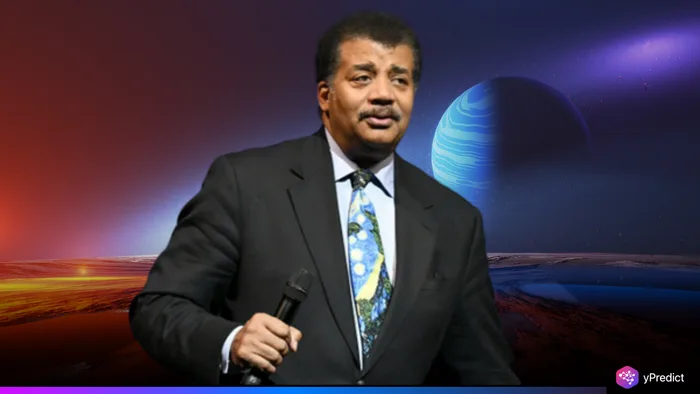
Imagine waking up to an AI that determined your meals, job, partner, and everything in between. That future might be technically possible. But is it wise? Astrophysicist Neil deGrasse Tyson believes that such a vision of artificial general intelligence (AGI) goes too far. Tyson believes we should remain in control, not replace our lives with algorithms, regardless of their advancement.
Tyson recently reflected that AGI could manage everything in life but then posed a deeper question: why would we want that? Tyson stressed that the value of AI is in its ability to help, not to take over. At a time when technology is moving in a direction towards automation, Tyson’s warning reminds us of what it means to be human , choice, agency, and control.
AGI Might Be Capable of Running Our Lives
AGI is advancing quickly, from handling complex conversations to making business decisions. In theory, an AGI system could learn enough about a person to manage daily routines, plan life goals, and even handle relationships. The tech community sees this as a milestone. But Tyson urges caution.
Artificial general intelligence should serve people, not replace their thinking. It can optimize your calendar or suggest better health habits. But when it starts deciding for you, that’s where the danger lies. Humans must remain the final decision-makers, even when machines are smarter.
The Real Value of AGI Lies in Support, Not Surrender
Tyson believes that AGI control should stop at assistance. Think of AGI like a GPS , it helps you get where you want to go, but you still drive. The moment you let it take the wheel of your life, you risk becoming a passenger in your own story.
Humans must use AGI as a tool to enhance, not eliminate, human decision-making. Delegating repetitive or data-heavy tasks is smart. But giving AGI the freedom to choose your path removes the human from humanity. That’s a trade-off society should think deeply about before embracing it.
Human Decision-Making Still Matters in the Age of AGI
Even with superior speed and memory, AGI lacks emotional depth and moral reasoning. It can simulate empathy but doesn’t truly feel. That’s why Tyson and many experts emphasize the importance of keeping humans in the loop. Decisions about family, justice, education, and ethics require a human touch.
When we give up our right to choose, we also give up the responsibility that comes with it. AGI can guide us with insights, but it must not dictate our values or override our will. Tyson reminds us that being human means owning our decisions , even the hard ones.
Let’s Not Hand Over the Steering Wheel Just Yet
Neil Tyson’s message is not anti-technology. It’s a call for balance. Artificial general intelligence offers massive benefits, but we should never let it lead our lives without question. Tools are meant to serve. Once they dominate, we risk losing more than we gain.
AGI control should remain limited to what serves human flourishing. The moment it begins to shape who we are or how we live without our active input, it crosses a line. As Tyson quipped, “We’re humans and we’re in charge , at least we still tell ourselves that.” That mindset must remain more than a tagline. It must be a principle.






